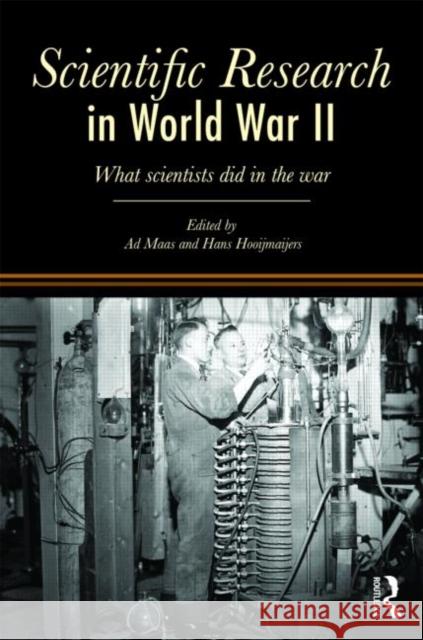Scientific Research in World War II: What Scientists Did in the War » książka
Scientific Research in World War II: What Scientists Did in the War
ISBN-13: 9780710313409 / Angielski / Twarda / 2007 / 256 str.
Scientific Research in World War II: What Scientists Did in the War
ISBN-13: 9780710313409 / Angielski / Twarda / 2007 / 256 str.
(netto: 746,32 VAT: 5%)
Najniższa cena z 30 dni: 705,23
ok. 16-18 dni roboczych.
Darmowa dostawa!
World War II drastically changed the environment in which scientific researchers worked. It limited freedom to conduct scientific research, isolated international colleagues and imposed scarcities of equipment and energy. Yet paradoxically this was a time when scientists broke new ground in unexpected ways, their need to improvise resulting in remarkable and innovative findings. This work explores just how scientists coped with the circumstances of the war. The first part concerns scientists working in warring countries like the United Kingdom, Japan, Germany and the United States, where scientists were often brought into weaponry programmes and strategic industries in order to contribute to the war effort. The second part focuses on scientists in occupied territories, in particular the Netherlands and France, where scientists had to find a way of dealing with the occupying powers. The work highlights the unexpected research directions taken by wartime scientists, their ability to adapt and the often remarkable continuity in scientific research. It shows that scientific work during World War II concerned much more than nuclear bomb programmes and the development of radar and missile techniques. This is an important contribution to contemporary history and to the history of science, as well as a testament to human ingenuity and determination.











